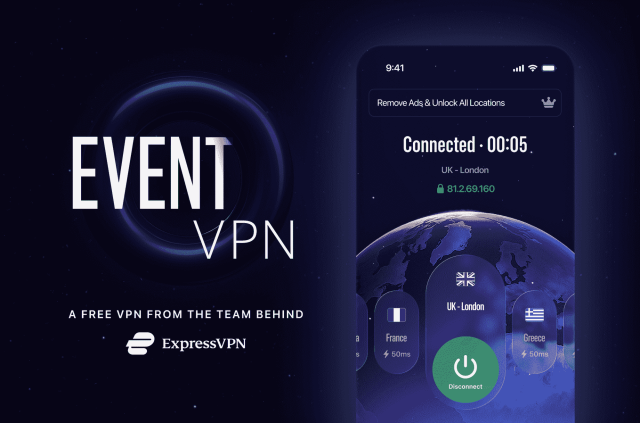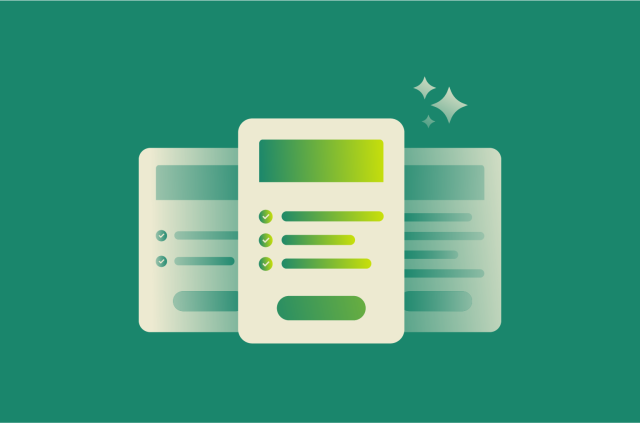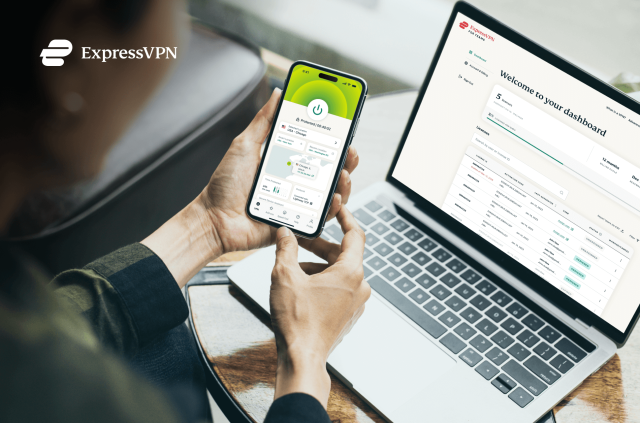
The USA Freedom Act has finally cleared both United States House and Senate. Some laud it as a massive victory for privacy rights and spy agency crackdowns, while others worry it's nothing more than pretty language wrapped up in red tape. As noted in a recent New York Times op-ed piece by NSA whistleblower Edward Snowden, “though we have come a long way, the right to privacy—the foundation of the freedoms enshrined in the United States Bill of Rights—remains under threat.” In other words, while there's some good stuff in the new bill, it's merely a starting point.
Ask Nicely
The bulk collection of American phone records was never going to stand. Despite attempts by Republican lawmakers, spy agencies and other pundits, citizens simply weren't comfortable with the broad authority given to the NSA under Section 215 of the Patriot Act. As a result, it's not surprising that the Freedom Act finally went through and put a stop to bulk collection without a good reason. Now, government bodies must make specific requests of phone companies and do so with at least some oversight.
The hope? That this requirement to ask nicely is the first step on a road to improved online protections for private citizens. But as The Intercept points out, the new bill gives a six-month grace period to bulk collections; while spy organizations had been slowing their efforts in anticipation of these powers expiring or not being renewed, they may choose to sprint through the rest of 2015, grabbing whatever they can along the way. It's also worth noting that the new act reauthorizes almost every other program given the green light by the Patriot Act, so it's no surprise that privacy advocates aren't exactly thrilled with this new “freedom”. President Obama tweeted out that he would sign the new bill the moment it landed on his desk, while Senate Republicans made last-ditch efforts to curb debate and prevent any amendments. Citizens, meanwhile, are firmly on the fence.
A Common Theme
While the Freedom Act might not be the big change Snowden and similarly concerned parties were hoping for, its passing has now spawned legal challenges in other countries. According to Tech Crunch, for example, a group called Privacy International has now filed a legal challenge against the UK's GCHQ for its policy of bulk data collection, claiming the information “is not sufficiently accessible to the public, nor does it contain adequate safeguards to provide proper protection against arbitrary conduct.”
This isn't the first time GCHQ has come under fire; in February the Investigatory Powers Tribunal (IPT) ruled that the spy agency acted illegally when it shared data with the NSA. In the wake of the Freedom's Act limitations on bulk data collection in the United States, Privacy International is asking the IPT to rule that the collection of bulk datasets is illegal and also order that all material obtained unlawfully be immediately destroyed. While the challenge may not be successful—in its 15 year history the February ruling was the first to come down against British spy organizations—it marks the start of a trend: With even one nation taking small steps to curtail too-broad covert collection powers, others will follow suit.
Keeping it Cloudy
Ultimately, the Freedom Act takes only small steps forward when it comes to protecting digital privacy. And as noted by Reason.com, even this forward progress is marred by some sideways shifting given the sheer complexity of the Act's wording. It's lengthy, riddled with exceptions and amendments and largely inscrutable to anyone who isn't a full-time politico. Reason argues that this is how lawmakers prefer to operate. If citizens aren't sure what's going on, they're less likely to complain.
Bottom line? The new Freedom Act doesn't exactly free citizens from the watchful eyes of the NSA and other agencies, but it's proof positive that Snowden's revelations and public pressure are having an effect. It's a start.
Featured image: alexisdc / Dollar Photo Club
Take the first step to protect yourself online. Try ExpressVPN risk-free.
Get ExpressVPN










